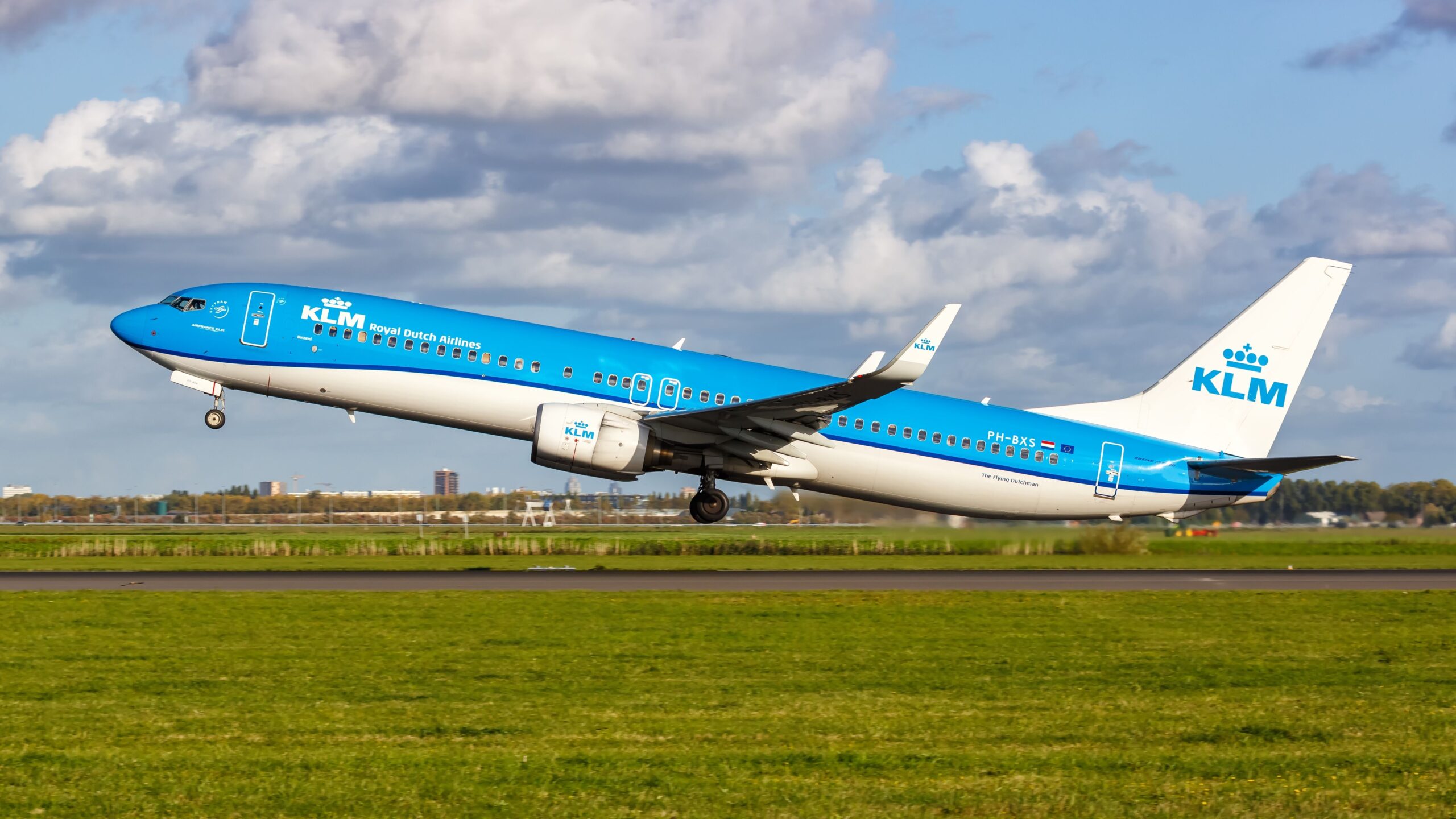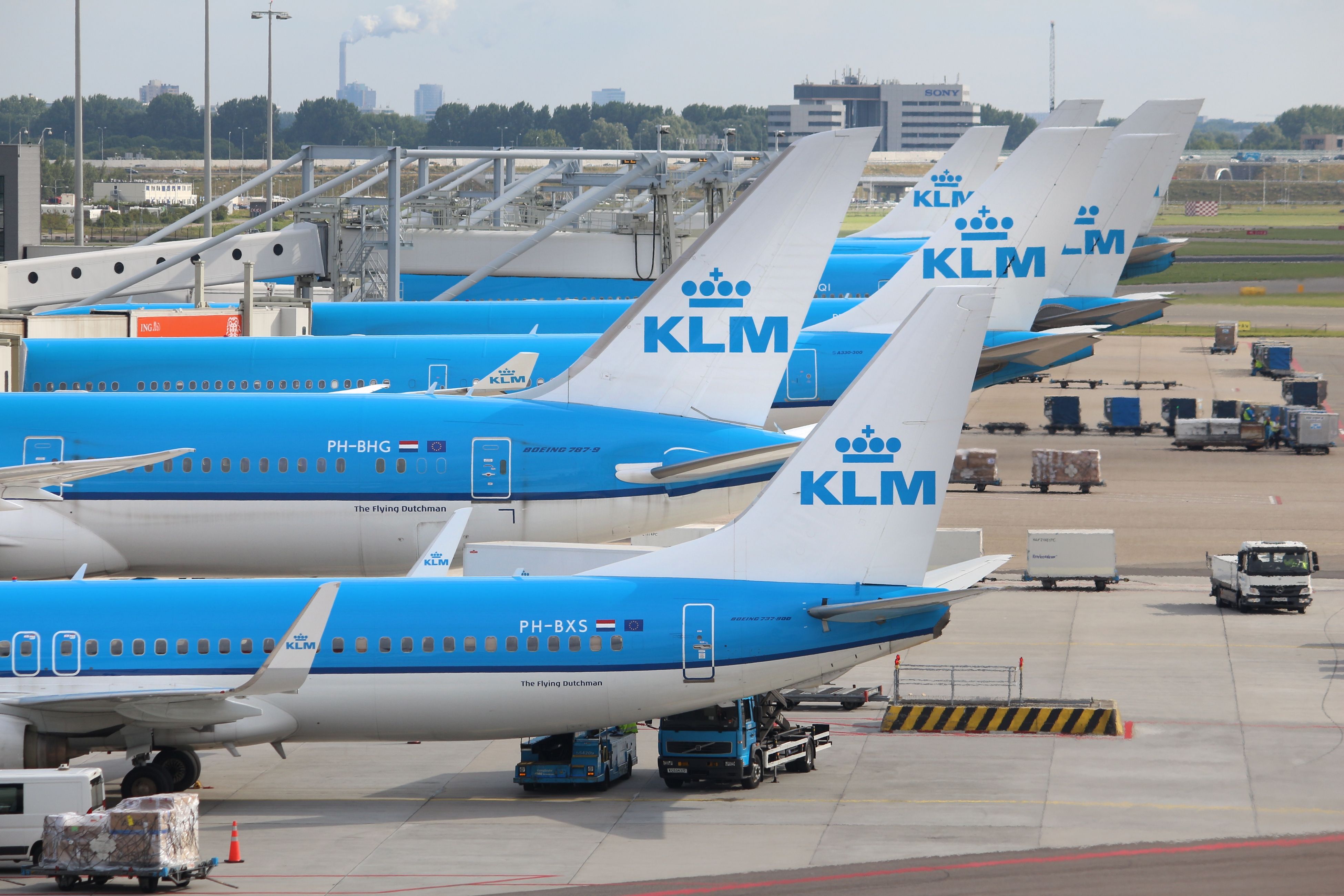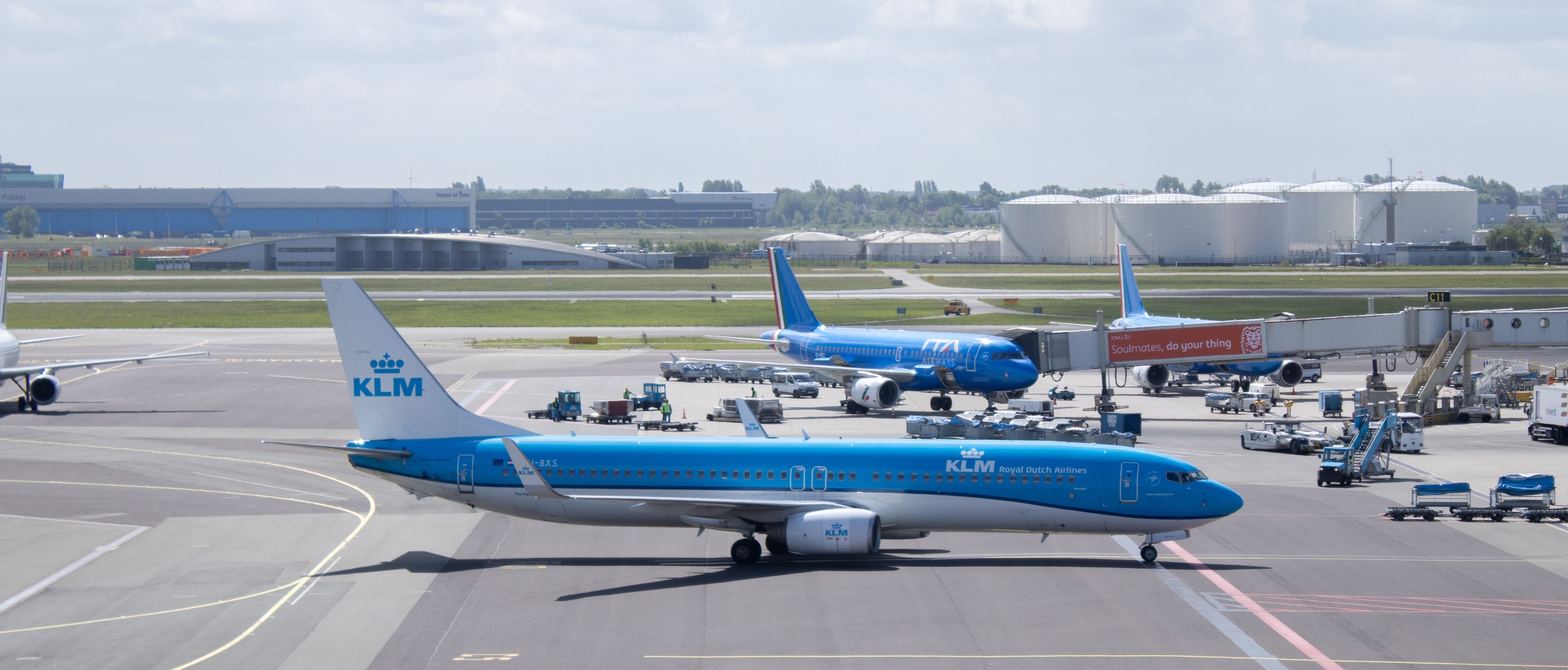Summary
- Schiphol Airport’s flight movements to be reduced from 500,000 to 475,000-485,000 annually by November 2025.
- Reductions aim to meet climate goals and decrease noise pollution by trimming 3-5% of flights.
- KLM praises Dutch government’s decision as a balanced approach while expressing concerns about potential consequences.
The Dutch flag carrier, KLM, has welcomed the Dutch government’s modest plan to reduce annual flight movements at the country’s primary Schiphol Airport in Amsterdam. The reduction is less dramatic than had been expected and will see the movements fall from the current maximum of around 500,000 annually to between 475,000 and 485,000. There have been fears that Amsterdam Schiphol Airport’s drive for quality could raise airfares.
Modest reductions for Schiphol Airport
The new limit on air traffic will take effect from November 2025 (at the start of the winter flying season). The cuts are described as modest and will only trim between 3% and 5% of the airport’s flight movements. It will also reduce nighttime flights from the current cap of 32,000 flights to 27,000 flights. The Dutch ministry stated, “This package will reduce noise pollution around Schiphol by 17 percent.”
Photo: Tupungato | Shutterstock
This is significantly less than what the previous Cabinet had wanted. That Cabinet wanted a cap of 460,000 to 470,000 movements (including decreasing the number of nighttime flights from 32,000 to 27,000). KLM has previously submitted a noise reduction plan for the airport.
The reductions are partly driven by the desire of the government to meet climate change goals as well as reduce noise pollution for residents in the area. The Dutch government noted that KLM and Transavia have committed to using quieter aircraft at night. Schiphol Airport has previously stated it will significantly increase fees for louder aircraft.
KLM reaction to the Dutch decision
KLM released a statement calling the cabinet’s measures a “balanced approach.” KLM stated, “It is important that the balanced approach process is completed carefully. It is positive that a number of measures from the broadly supported ‘cleaner, quieter, more efficient’ sector plan have been adopted.”
The airline also pointed out that aircraft operations are important to the Dutch economy while also raising its concerns. “KLM is concerned that the possible loss of historic slots could lead to retaliatory measures from other countries, resulting in the loss of connections important to the Netherlands as an international trading country,” the airline wrote. KLM also stressed that it takes responsibility to limit noise pollution seriously.
Photo: minhanphotos | Shutterstock
Notably, Schiphol is the second-largest airport in the European Union, and a large percentage of its aircraft are international. The Dutch State owns almost 70% of the airport’s parent company, Royal Schiphol Group, along with 9.1% of the Air France-KLM group (the parent company of KLM).



